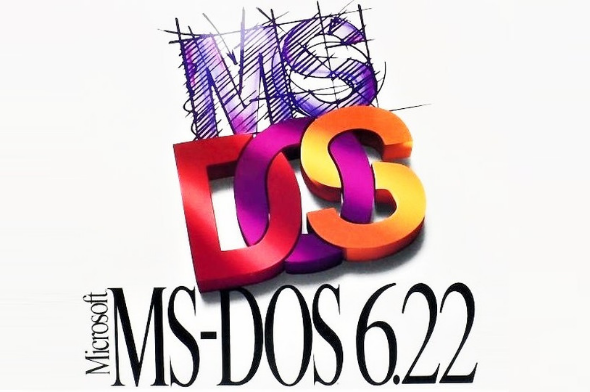Connection to DriversCloud Create a DriversCloud.com account Reset your DriversCloud.com password Account migration
MS-DOS and Windows 3.11 still the order of the day at Deutsche Bahn... and the company's hiring!
Is antediluvian knowledge still useful in 2024? Clearly, yes!
A few days ago, the German railroad company - Deutsche Bahn - published an advertisement for the recruitment of a system administrator. So far, so normal, since IT is at the heart of train management on the other side of the Rhine, as it is in any other part of the world. A closer look at the skills required for the job, however, reveals the specific nature of this advert. Experience in managing older operating systems" is mentioned, with " MS-DOS " being specifically mentioned, while " Windows 3.11 knowledge " would be " a plus ".
Yes, we're talking about Microsoft's very old operating systems. MS-DOS was deployed by Microsoft in 1981 to satisfy a request from IBM, while - much more recently - Windows 3.11 represented the culmination of the graphical operating system for the Redmond company... in 1993! Oh yes, you may not be familiar with MS-DOS, but the system is entirely command-line based. It's also worth noting that both systems have not been supported by Microsoft for many, many years - since December 31, 2001, to be exact.
So why does Deutsche Bahn need a system administrator versed in its (very) old technologies? Quite simply because, throughout Germany, many trains are still using these kinds of software solutions. As Tom's Hardware reports, citing Hacker News, ICE 1 and ICE 2 trains are expected to be running MS-DOS and Windows 3.11 for some of their functions until... 2030, or even longer. Some train systems run on 166 MHz processors with 8 MB RAM and Windows 3.11.
Apart from the costs involved in replacing this entire infrastructure, the use of systems that may seem archaic is justified by the robustness and reliability of these solutions. Boeing 747 aircraft, for example, are updated using floppy disks, while the US army only stopped using 8-inch floppy disks - forty years old - to manage the coordination of its nuclear strikes in 2019.






